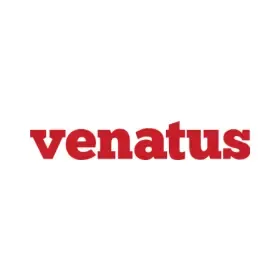The Best Outbrain Alternatives for Publishers
Sponsored posts have become the best way to monetize your site. Although it has been on the market for a long time, it has now become very popular. All users must have come across sponsored posts, either on websites or social media platforms. These are like native ads that appear like the surroundings in which it is stationed.
Founded in 2006 and known to be one of the most widely known sponsored content platforms, Outbrain facilitates publishers to make revenue via sponsored content on websites. This network has about 344 billion monthly impressions in more than 59 countries. Publishers can use Outbrain to leverage native advertising to monetize their sites and it can help with efficient mobile monetization solutions too.
Why should you consider Outbrain alternatives?
Outbrain is an excellent native advertising platform that offers solutions to enable successful engagement and revenue for publishers and advertisers. But, it also has a fair share of drawbacks like:
- A number of users have reported challenges with their approval process and customer support
- Outbrain offers native ad formats only, so publishers who wish to offer any other format have no option
- Outbrain has reported relatively lower earnings in comparison to other networks
- They offer delayed reporting and it is not as quick and in real-time as one would expect.
Outbrain offers solid native advertising solutions but it is important to consider both the pros and cons and consider its alternatives as well.

Taboola is an excellent Outbrain alternative that helps you drive business by reaching users genuinely, effective and the correct time. It helps you build new audiences and bring the experience of scrolling on newsfeed to your websites. Taboola is a web-based platform that aims to solve the problem of the online content industry. Taboola's motto, "content you may like," says a lot about the company's business strategy. Taboola's principal business is recommending and linking users to sites that may be of interest to them.
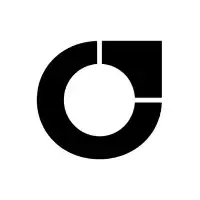
Another very solid Outbrain alternative, Revcontent has perfected native advertising and is well-known in the business for its high-quality service and unrivaled performance. With Revcontent, publishers can gain access to ad solutions like gallery implementations, widgets, unrestricted API customizations, and endless scroll, which are far from traditional and offer publishers unique revenue possibilities.
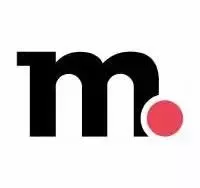
One of the largest contextual advertising platforms, Media.net offers cutting-edge ad tech with server-to-server technology to publishers. It has one of the largest pools of advertisers in the world and its ads can help you maximize your monetization. Their seamless ads will blend with your content.
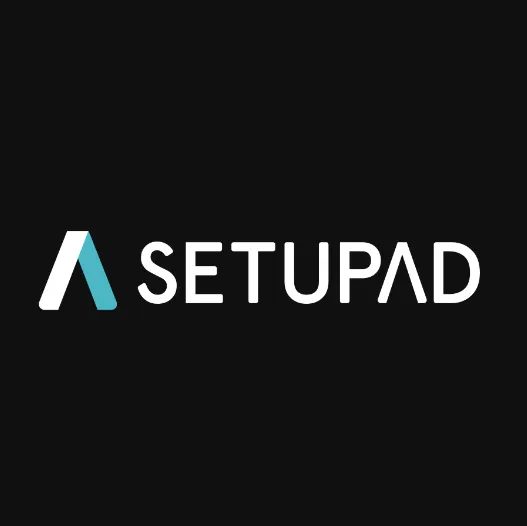
Setupad is another solid native ad network and one of the best website monetization platforms to increase ad revenue for publishers. Enjoy superior client support and have access to top SSPs. Their content recommendations helps you keep visitors on the website for long by recommending different content.

A native ad revenue optimisation platform and one the highly recommended Outbrain alternative, Whizzco offers a solution that combines network mediation, ad serving, and AI optimization to optimize content revenue. Through a unified dashboard, the company provides an ecosystem for displaying content recommendation advertising as well as measuring and optimizing performance. You can implement the content recommendation widget with a line of code and deliver quality ads.
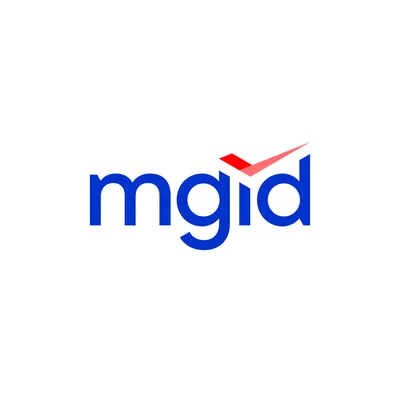
Mgid is a native performance and programmatic advertising platform and a solid alternative to Outbrain. Publishers will have absolute control over their audience and empower them with high grade technology to engage and retain users.
Outbrain FAQs
Publishers should consider factors such as their audience, content type, customization requirements, budget, and desired features when selecting the best alternative for their specific needs.
The suitability of alternatives varies based on the publisher's specific goals, audience, and content. Some alternatives may work better for certain niches or content types.
Our Editors’ Pick:
Browse these amazing publisher monetization tools handpicked by our team of editors


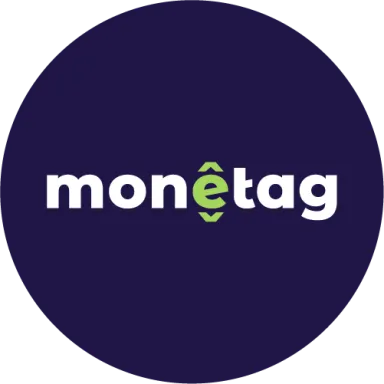


 (1).webp)
